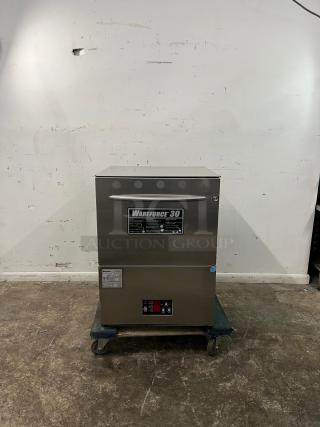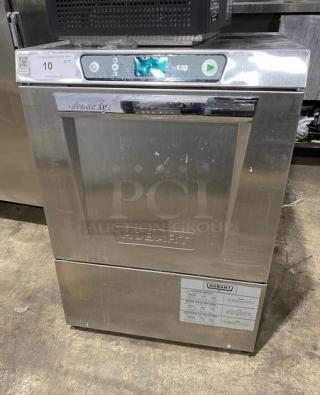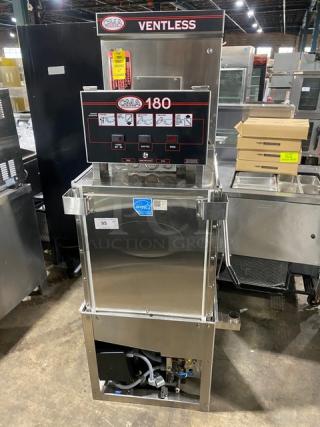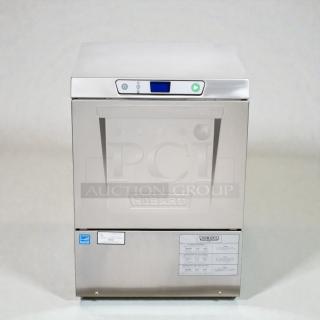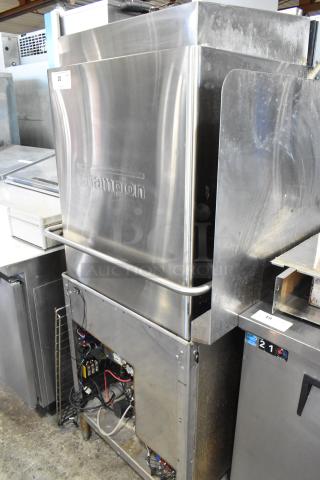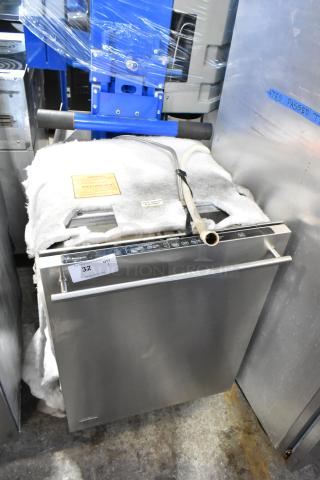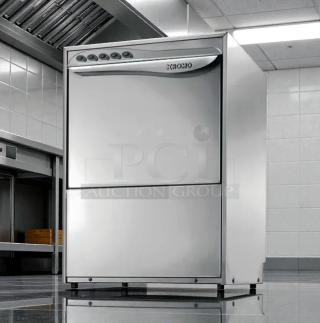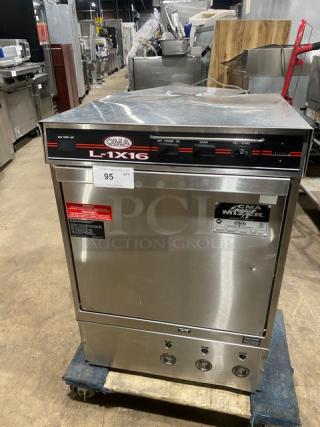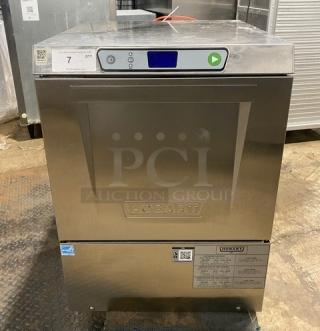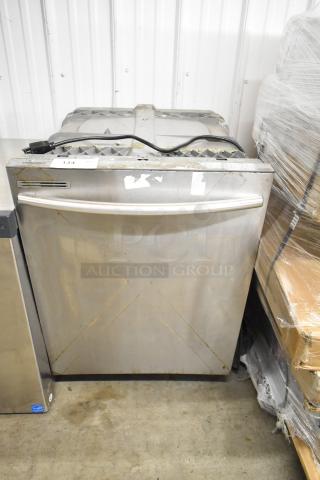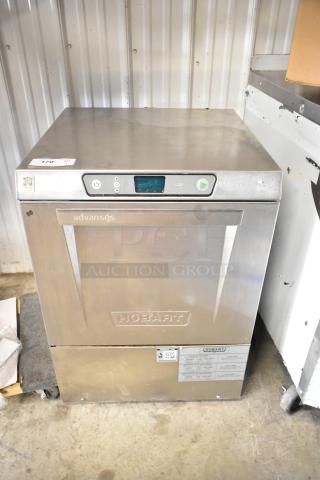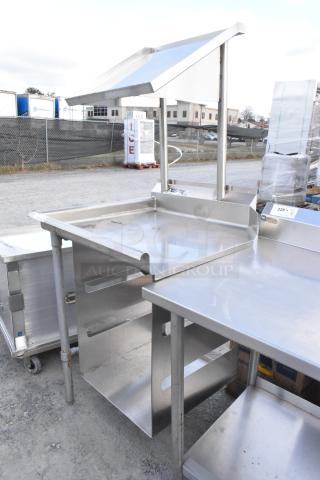Understanding Commercial Dishwasher Options
Keeping your equipment clean and sanitized is crucial for ensuring the ongoing operation of your food service organization.
Understanding the available options is key to selecting the right commercial dishwasher for your restaurant, deli, cafeteria, bakery, or bar. This knowledge will guide you in choosing the dishwasher style best suits your business needs.
Estimating Your Needs
Choosing the right commercial dishwasher begins with a practical step—estimating the volume of dishes you'll need to clean daily. This estimation should also consider the peak times when your dishwasher will work at its maximum capacity.
To help you get started, remember that a typical commercial dishwasher can wash around 20 dishes per rack (or load) in a single cycle.
Conveyor Dishwashers
A conveyor dishwasher is a worthy investment for high-volume establishments like university cafeterias and hospitals. These machines can handle a significant workload, running 350-1000 racks daily.
They offer a highly automated process, with dirty dishes entering at one end of the conveyor and clean dishes emerging from the other, ensuring a continuous flow of clean dishes for your operation.
Industrial Dishwasters
Industrial dishwashers are designed for facilities with extremely high-volume needs, such as large hotels, hospitals, and industrial kitchens. These machines are built to handle the toughest cleaning tasks efficiently and quickly, capable of cleaning hundreds of racks per hour. They require substantial space and power; regular professional maintenance is crucial for optimal performance from your dishwashing machine.
Door Type Dishwashers
Door-type dishwashing machines are found in many more restaurants and food service businesses than conveyor machines. These compact workhorses require that dishes be rinsed before being washed, but they have rapid cycles that typically last 1-2 minutes.
Door-type dishwashers are available in both high-temperature and low-temperature models. Low-temperature models sanitize dishes through the addition of chemical sanitizing agents. These are ongoing expenses, but these machines are typically less expensive than their high-temperature counterparts. High-temperature models sanitize dishes with a 180-degree Fahrenheit rinse cycle but generate a significant amount of steam and generally require a hood to manage the vapor. High-temperature units also have higher power requirements, making them more expensive. Still, when the wash cycle is complete, the dishes are generally dry and ready to be put away, which is not always the case with low-temperature units.
Undercounter Commercial Dishwashers
Another option is an undercounter commercial dishwasher. These units are designed for use in bar areas or compact kitchens. While they may resemble residential dishwashers from the outside, they are designed to work with commercial dish racks and run at the same high speeds as the door-type dishwashers found in larger commercial kitchens. Undercounter commercial dishwashers are also available in high- and low-temperature models.
Recommended Brands
High-quality commercial dishwashers from recognized brands can provide years of reliable service. Recommended brands include American Dish Service, Bar Maid, Champion, CMA, Hobart, Jackson, Jet Tech, and Noble Warewashing.
Frequently Asked Questions about Commercial Dishwashers
What are the main types of commercial dishwashers?
Commercial dishwashers come in various types, including conveyor dishwashers, door-type dish machines, and undercounter commercial dishwashers, each designed to meet different volume and space requirements.
How do I choose the right commercial dishwasher for my business?
Consider the volume of dishes you need your dishwashing machine to wash daily, peak times, and available space. High-volume establishments may benefit from conveyor dishwashers, while smaller operations prefer door-type or undercounter models.
What are the differences between high-temperature and low-temperature dishwashers?
High-temperature dishwashers sanitize dishes using a 180-degree Fahrenheit rinse cycle and generally require a hood to manage steam. Low-temperature dishwashing machines use chemical sanitizing agents, which have lower upfront costs but higher ongoing expenses.
How often should commercial dishwashers be maintained?
Regular maintenance is crucial to ensure efficient operation and longevity. Schedule professional maintenance checks at least twice a year and regularly perform routine cleaning and inspections.
What complementary products should I consider?
Consider complementary products like commercial freezers, ice makers, and commercial coolers to enhance your kitchen operations. These products can help streamline your workflow and ensure all aspects of your food service are efficiently managed.

